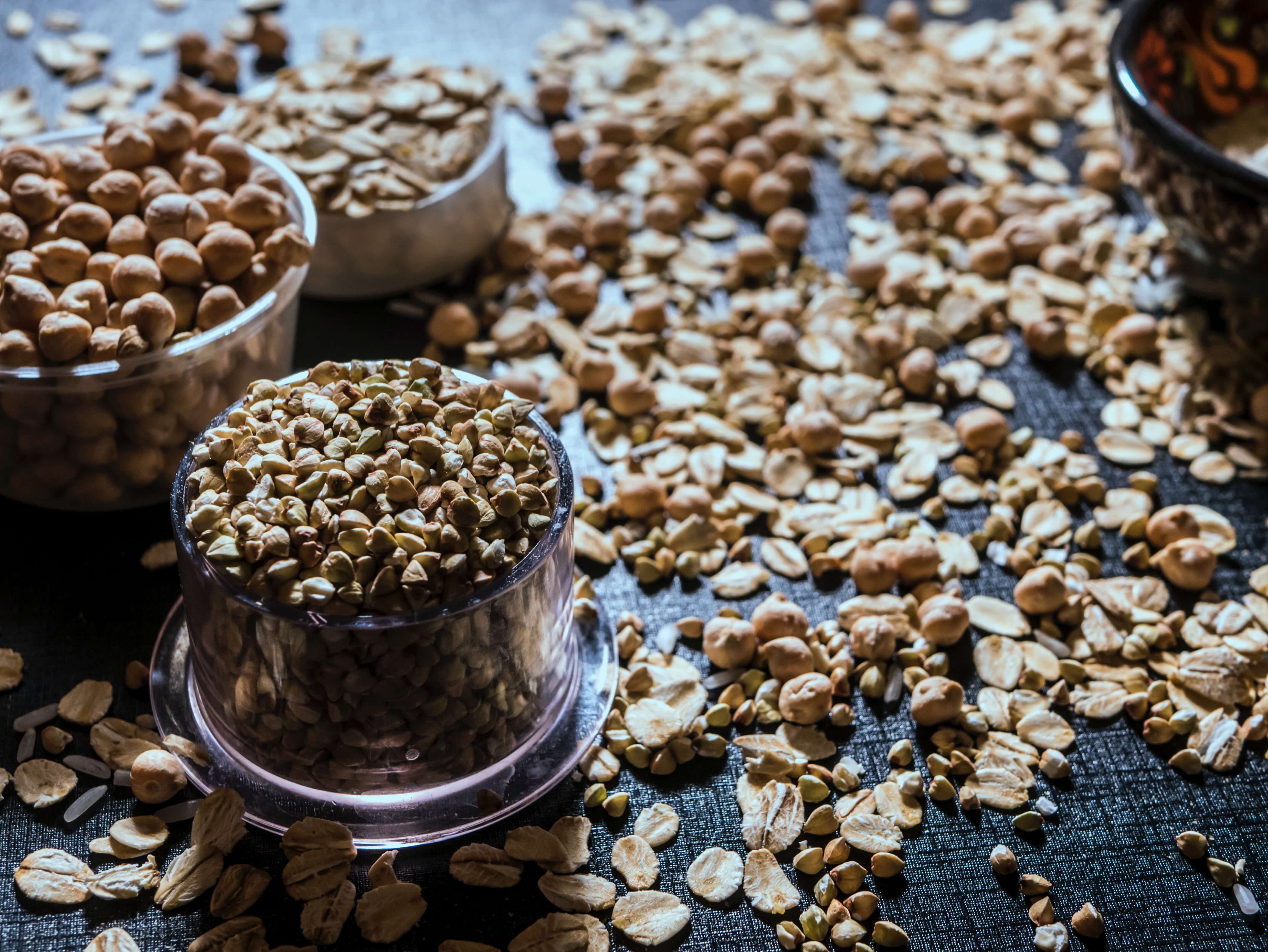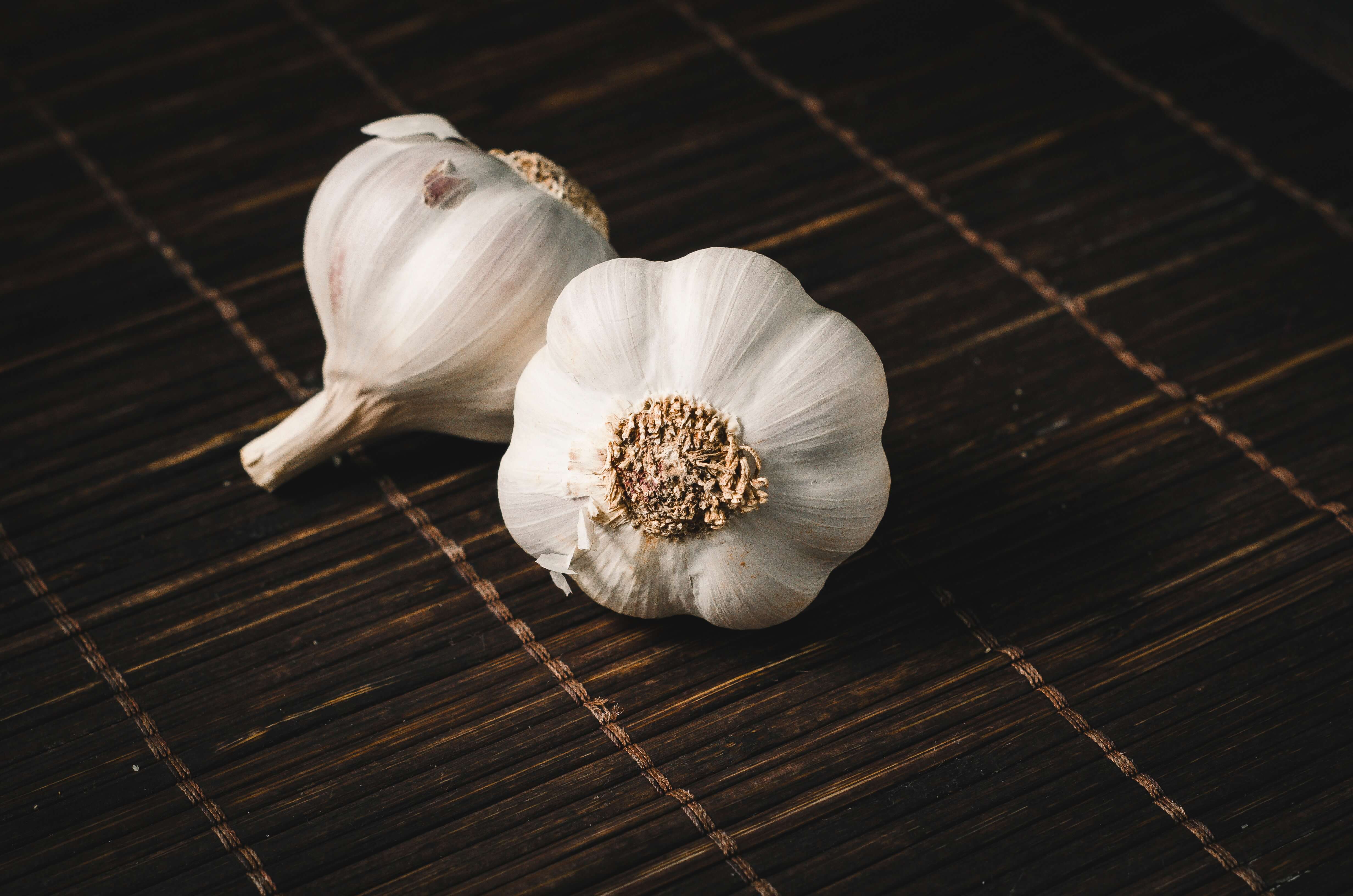Are you someone who is looking for ways to optimize your health, feel your best, and prevent aging (aren’t we all?). Then you may want to consider eating more of this single ingredient: Antioxidants.
Antioxidants are substances found within food products, specifically fruits and vegetables, that help protect your body against oxidative stress and prevent disease.
There are thousands of different kinds of antioxidants, which mostly come from plant foods. Oxidative stress occurs when free radical compounds that can be both beneficial and toxic to the body, accumulate and cannot be destroyed.
Free radicals are unstable atoms that can damage cells, causing illness and aging. They are produced internally from normal cell metabolism but also through external sources such as pollution, cigarette smoke, a bad diet, and medication. This phenomenon has been linked to cancer, autoimmune disorders, aging, cardiovascular disease, and neurodegenerative diseases. The good news is… there are foods we eat that can equip us with the tools our bodies need to fight oxidative stress and keep us healthy.
So how do we combat oxidative stress and internal inflammation caused by our environment? Antioxidants. Antioxidants are major fighters of disease and are the single most important compound in preventing and repairing damages caused by oxidation. They scavenge for free radicals and catabolize them, so they don’t accumulate. Without antioxidants, our bodies would be in a severe state of disparity. With antioxidants, we can slow down the aging process and prevent many diseases. But, where do we find them?
Read on to learn how certain antioxidants work and the foods you should be eating to ensure you’re consuming enough.

Glutathione
It’s hard to overstate the importance of glutathione, and it’s often described as being the “master” antioxidant. It shields cellular macromolecules from reactive oxygen and nitrogen species. While it reduces most free radicals, it also deals directly with the causes of oxidative stress, like mercury and persistent organic pollutants.
Glutathione plays a major role in cellular detoxification – facilitating the excretion of harmful or unfamiliar toxins. There are many diseases associated with the depletion of this powerful compound including cardiovascular disease, liver disease, cystic fibrosis, Alzheimer’s Disease, Parkinson’s Disease, and the aging process itself.
Needless to say, glutathione has an important role in preventative health, and can be found in vegetables like cabbage, brussels sprouts, cauliflower, and broccoli.

Vitamin C
Vitamin C, also known as ascorbic acid, is an important vitamin that also acts as an antioxidant. It’s essential for the synthesis of collagen and neurotransmitters and is protective against many cancers. You can find vitamin C in many foods including oranges, lemons and other acidic fruits, and green vegetables.

Vitamin E
Vitamin E is a fat-soluble vitamin with potent antioxidant properties. It safeguards cell membranes from being damaged by free radicals and is preventative in colon, prostate, and breast cancers, arthritis, neurological disorders, and cardiovascular disease. Because it is fat-soluble, it’s best to take vitamin E supplements with food and is highly concentrated in fruits, whole grains, eggs, and poultry.

Selenium
Selenium is an essential trace mineral that can be found in garlic, onions, grains, water, soil, and certain meats. Selenium activates many other antioxidants, including glutathione, and has anti-carcinogenic effects. It’s also an important nutrient necessary for thyroid function, and deficiency can result in serious disease.

Beta-carotene
Beta-carotene is a fat-soluble carotenoid and is better absorbed when consumed in combination with fats. It’s also considered to be a provitamin because it can be converted into active vitamin A. It’s best to eat carrots, green plants, squash, and grains to reap the benefits of this powerful antioxidant.

Lycopene
Lycopene is a powerful carotenoid and antioxidant that inhibits tumor cell growth. It has been shown to be protective against many types of cancers, especially prostate cancer. Tomatoes have the highest amount of lycopene than any other food and it’s found within raw and cooked tomatoes, tomato juice, and tomato sauce.

Lutein
Also, a carotenoid, lutein is found primarily in green leafy vegetables such as spinach and kale and plays a major role in eye health. It’s commonly used as a supplement to prevent eye disease and cataracts.

About The Author
Olivia Hensal is a New York City based Certified Dietitian Nutritionist, Certified Nutrition Specialist, Certified Health Coach through the Institute for Integrative Nutrition, & Registered Yoga Instructor through the Yoga Alliance. She holds a Master of Science in Applied Clinical Nutrition from the New York Chiropractic College and a Bachelor of Science in Human Nutrition & Business from The Ohio State University. She is the founder of herbal skincare brand, Olea Herbals. Her clinical interests include gastrointestinal health, autoimmune disease, metabolic dysregulation, and mind-body connection.

